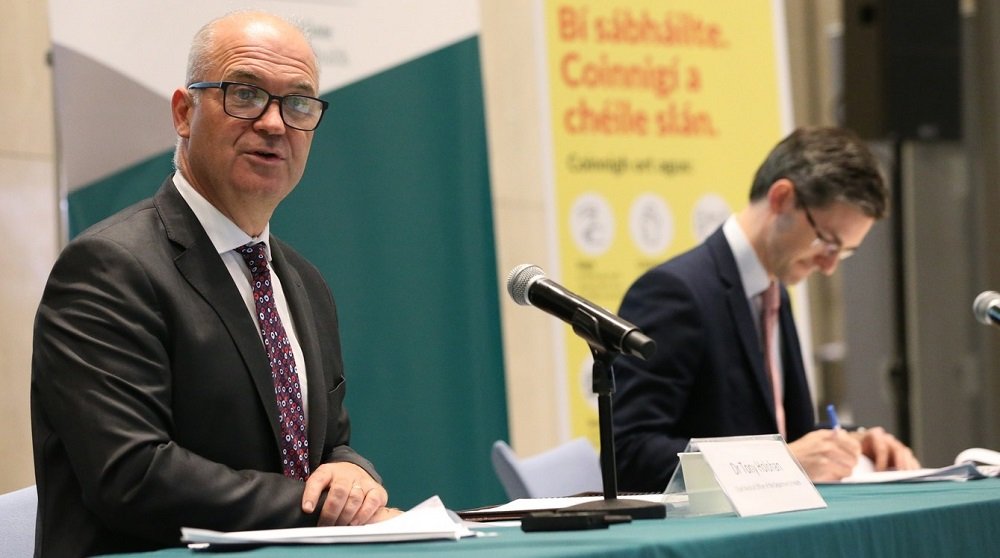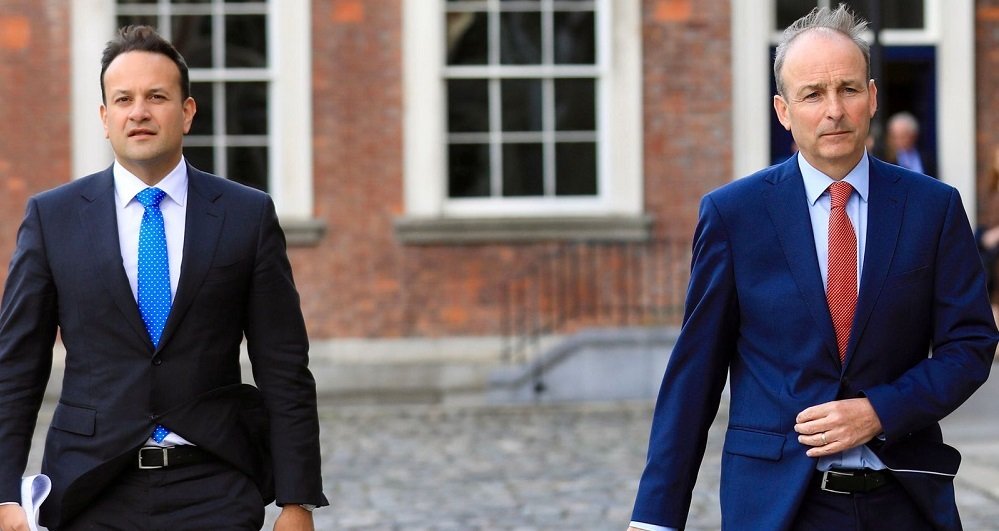On Sunday, Micheál Martin marks the milestone of one year at the helm of government. Happy birthday, Taoiseach—politically speaking.
If an unpredictable event (a general election resulting in a three-way tie) brought Martin into office, the most precarious event imaginable, the Covid pandemic, has dominated the first year of his tenure.
One hundred days in, we wrote about the need for the Taoiseach to ‘be the boss’. We focused on three tests we felt were key to his premiership: leadership, purpose, and hope. How has he measured up, and what of his remaining eighteen months in the role?
CONSISTENT—BUT NOT A TIKTOK-ER
For me, one word above all else sums up Martin’s leadership style: consistency. He has his own way of doing things and generally sticks to it. His careful and cautious nature has found a kindred spirit in the Covid decision-making process; slow and steady is the order of the day, with health dictating terms of both the management of the pandemic and the pace of reopening.
The potency of the virus, scar tissue damage from ‘the meaningful Christmas’, and the high-profile presence of leading Nphet members have hemmed Martin in. He has largely been a decision-taker rather than maker.
This approach, at least in the second half of his year, appears to have served him well. Opinion polls indicate that Martin is largely in check with the public mood on Covid. His own personal rating and that of Fianna Fáil have increased, albeit in the latter case from record low levels.
As a leadership characteristic, consistency is generally regarded as a plus. For many, there is a comfort in the familiar. One year in, the public has become accustomed to Martin’s patient, collaborative style.
He has resisted the temptation to jump aboard passing bandwagons, remained true to his liking for direct engagement with the public (at a social distance), and resisted the temptation to strike out at sniping backbenchers. He is still partial to the traditional communication platforms, most notably the Dáil and set-piece addresses from the steps of Government Buildings. (The chances of our Taoiseach popping up on TikTok seem remote.)


